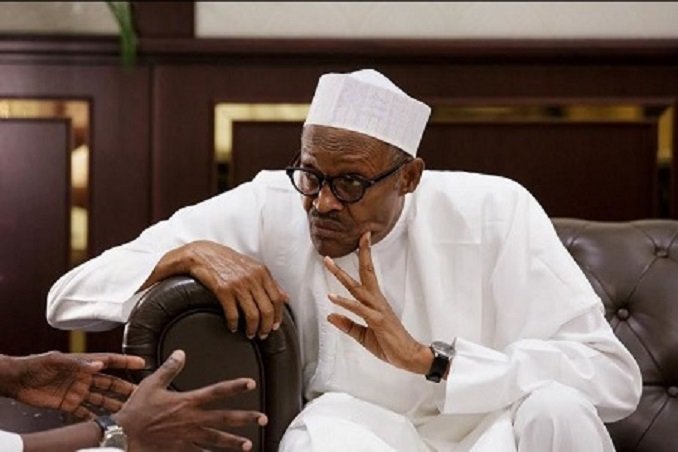By Shola Abayomi.
President Muhammadu Buhari, according to presidency sources, is set to cave in to the recommendation of the Presidential Committee on African Continental Free Trade Agreement (AfCFTA), which presented its report to the president, in Abuja, yesterday.
The sources revealed that Nigeria will sign the agreement, although with conditions.
Nigeria had earlier declined signing the agreement, following protest by the private sector who expressed fears that the trade agreement would make Nigeria a dumping ground for goods and services in Africa.
Nigeria’s refusal to sign the agreement was strongly criticized by former president, Olusegun Obasanjo, who a few days ago, advised the federal government to sign the pact, adding that the country had no justifiable reason not to sign the agreement which other countries had signed.
The presidential committee headed by Dr. Desmond Guobadia, having studied and reviewed Nigeria’s concerns about the agreement, recommended that the president assents to it, explaining that on the balance, the country stands to benefit.
Dr Guobadia said, “Your Excellency, our reports show that on the balance, Nigeria should consider joining the AfCFTA, and using the opportunity of the ongoing AfCFTA Phase I negotiations to secure the necessary safeguards required to ensure that our domestic policies and programmes are not compromised.”
Dr Guobadia, further highlighted reasons why the committee recommended that Nigeria should sign the agreement.
He hinted that, “signing the agreement would present Nigeria with the opportunity for its manufacturing industry to expand its business frontiers in Africa”, adding that “trade barriers, which had limited expansion of business in Nigeria, would be corrected by the agreement.”
Guobadia also disclosed that “opportunities offered by the agreement would make African goods more attractive and cheaper.”
The committee also mentioned the possible risks of the agreement, which include smuggling and abuse of rules of origin. It further stated that such risks would be high for Nigeria, owing to the fact that 92 percent of the country’s imports come from other parts of the world and smuggling.
“Our study has shown that the AfCFTA is not without major risks and undesirable impacts. The most significant of which is the potential rise in smuggling and abuse of rules of origin. The risk is that it will provide incentive for traders to disguise goods imported from outside the continent as made- in-Africa goods, to qualify for duty-free treatment.
“This risk is high for Nigeria considering that 92% of Nigeria’s imports come from the rest of the world and smuggling, under-reporting of imports and other forms of abuse of rules of origin already constitute major challenges faced by Nigeria in ECOWAS,” the committee stated.
The committee in its report to the president, made certain recommendations to guard against the imminent risks.


